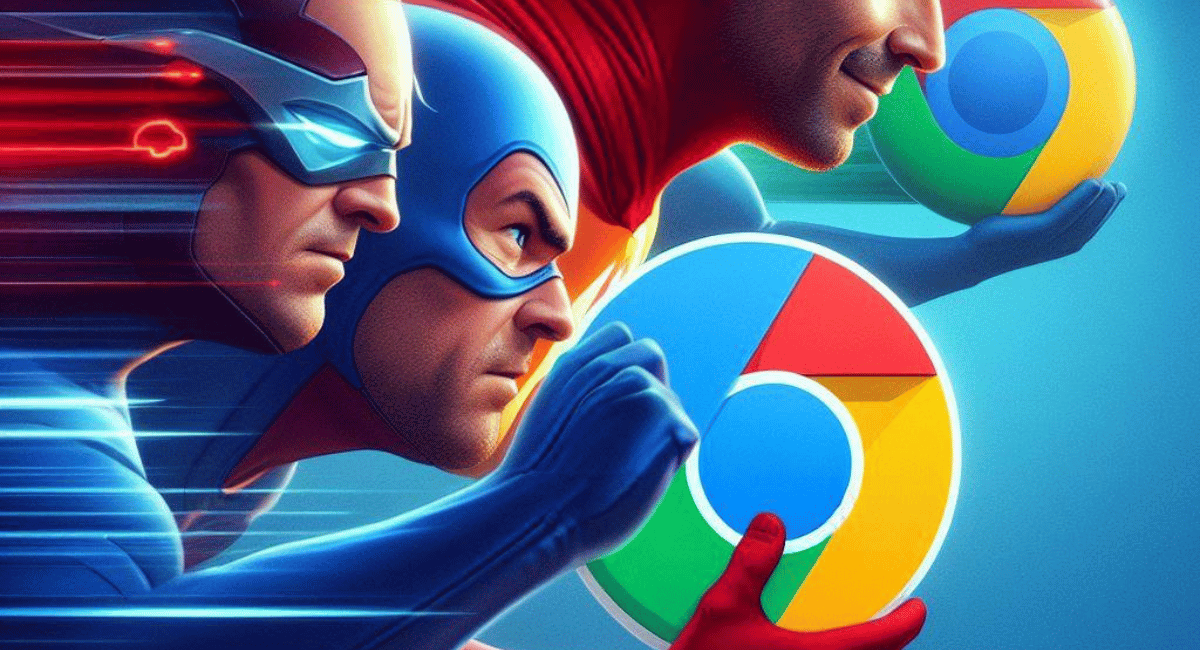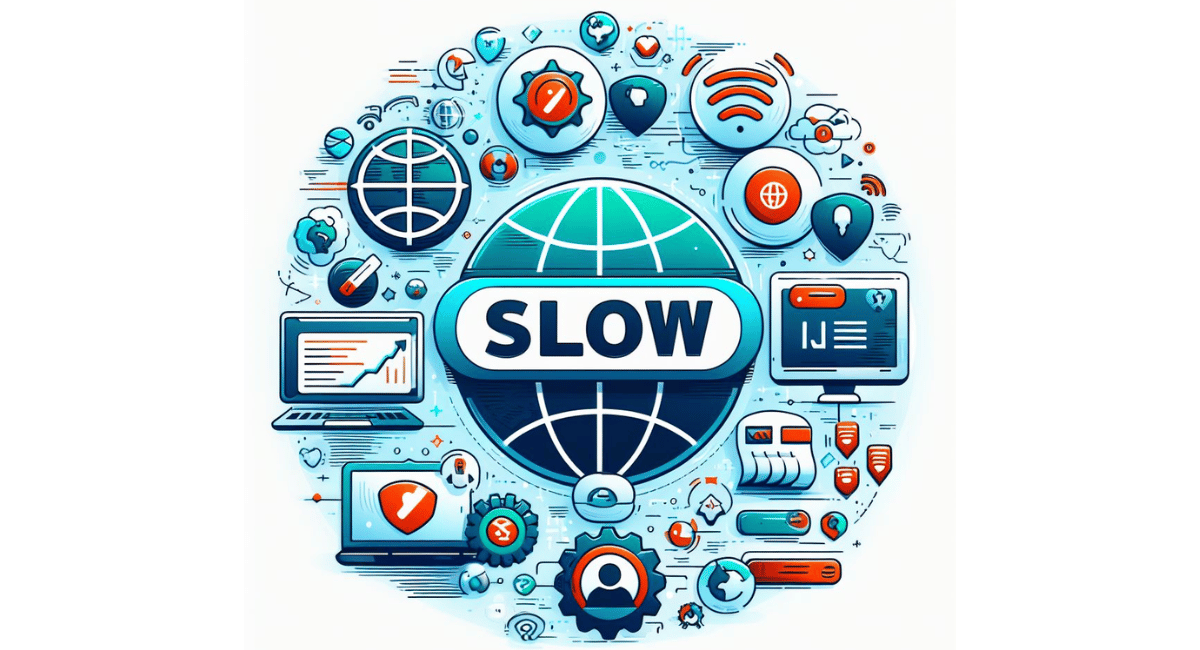Consequently, the internet has been upgraded from a luxury to a necessity in these last 20 years. Today, if a website takes too long to load, the user usually ends up leaving – as some queries can directly correlate with workplace productivity. According to study conducted by Google engineers, if a website takes more than 400 milliseconds to load, it’s considered slow by the user. This is because, people are constantly searching on the internet, and they are looking for quick answers.
According to a kissmetrics study:
- If a website takes longer than 3 seconds, the user will most likely abandon it.
- Nearly 47 percent of user will expect a webpage to load in less than 2 seconds.
- 74 percent of smartphone users complained that they encountered websites which were too slow.
So, why do some websites load slower than others? For once, it could be due to the fact that the website in question might be loaded with heavy graphics – requiring more bandwidth for loading a particular page. Web pages containing auto-loading videos and animations make the loading process even worse. Other hidden issues could be caused by an outdated or badly coded JavaScript.
What else could be the problem? Sometimes websites with a lot of content may not function on an underpowered server, thus most of the time; a simple server upgrade can significantly increase loading speeds. However, sometimes the bandwidth speed at the user end could be responsible for slow loading times.
Now that you know what slows down a website, you’ll naturally develop more patience, because there are several factors that affect how fast a website loads. So, the next time you encounter a slow website, think about the JavaScript loading in the background. In the future, JavaScript blockers will be widely adapted by developers which will speed up loading times. For now, developers need to focus on streamlining their code so that users on their websites don’t have to wait unnecessarily.
Ways To Fix A Slow Loading Website

1. Optimize your images. Large images can take a long time to load, so make sure to compress them as much as possible.
2. Minimize your HTTP requests. Every time your website loads, it sends out requests for resources like images, CSS, and JavaScript. Try to reduce the number of requests your website sends out by combining files, using sprites, and caching.
Slow Browser But Everything Else Is Fast
There are a few possible reasons why your browser might be slow. It could be that your computer is running low on memory, or that your browser is not up to date with the latest version. It could also be that your computer is infected with malware or viruses, or that your browser is not optimized for the websites you are trying to visit. To fix this, try updating your browser, clearing your browser’s cache, running a virus scan, and disabling any unnecessary extensions or plugins.
Website Loads The Fastest
The website that loads the fastest will depend on the hosting provider, the size of the website, and the type of content it contains. Generally, websites with fewer images, scripts, and other elements will load faster than those with more complex content. Additionally, websites that are hosted on a reliable server and use a content delivery network (CDN) will also load faster.
Things Affects Page Load Time
Page load time is affected by a variety of factors, including the size of the website, the type of content it contains, the hosting provider, the speed of the user’s internet connection, and the number of external scripts and plugins being used.
Time For A Website To Load
The ideal page load time for a website is under two seconds. If a website takes longer than two seconds to load, it is considered too long. Website owners should strive to reduce page load time to ensure visitors have a positive experience.
Reason Behind Some Websites Not Loading
There are many potential reasons why some websites may not load while others do. Common causes include server issues, internet connection problems, coding errors, slow hosting provider, outdated plugins and scripts, and browser compatibility issues.
Some Websites Not Loading Properly On Chrome
Some websites may not load properly on Chrome due to compatibility issues, outdated plugins and scripts, or coding errors. Additionally, Chrome may be using an outdated version of the website’s code, which can lead to issues with loading. To ensure proper loading, it is important to keep Chrome up to date and to check the website’s code for any potential issues.
Fastest Browser to Run Internet
The fastest browser is generally considered to be Google Chrome. Chrome is designed to be fast and efficient, and is constantly updated with new features and bug fixes. Additionally, Chrome has a wide range of extensions and plugins that can help to improve its performance.
Slowest Web Browser

The slowest web browser is generally considered to be Internet Explorer. Although it has improved over the years, it still lags behind other browsers in terms of performance. Additionally, it has a limited selection of extensions and plugins, which can further slow down its performance.
Internet Strong But Browsing Slow

There can be several reasons why your internet is strong but slow. It could be due to a slow connection from your internet service provider, a congested network, or an outdated browser or device. Additionally, it could also be due to malware or viruses on your computer, or a lack of bandwidth. To improve your internet speed, you should try to optimize your connection, clear your cache, update your browser, and scan your computer for malware or viruses.
Reason For Loading Only Certain Websites
There can be several reasons why only certain websites will load. It could be due to a slow connection from your internet service provider, a congested network, or an outdated browser or device. Additionally, it could also be due to malware or viruses on your computer, or a lack of bandwidth. To improve your internet speed, you should try to optimize your connection, clear your cache, update your browser, and scan your computer for malware or viruses.
Some Websites Not Loading In Chrome
There can be several reasons why some websites are not loading in Chrome. It could be due to a slow connection from your internet service provider, a congested network, or an outdated browser or device.
